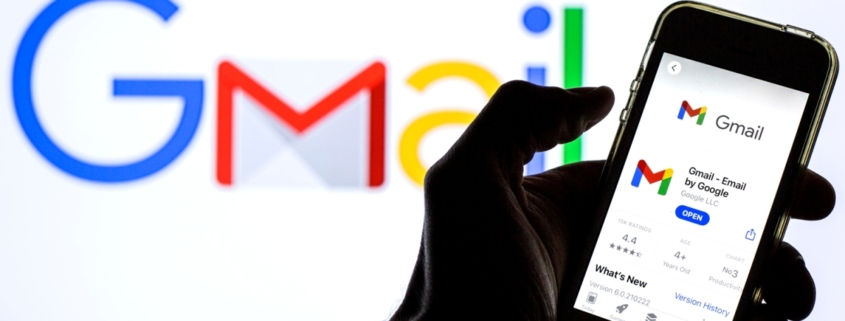Google warns users to improve your password NOW
GOOGLE users need to double-check their passwords in the face of phishing schemes, data grabs and other attempts to steal personal information via Gmail, Google Drive and Google Chrome activity.
Because Google accounts act as a centralized hub for many users, they can be a valuable mine of data for hackers, especially when it comes to Gmail accounts that are tied to other websites.
Hackers can exploit a Google account through various avenues to obtain personal information, so users need to be wary of the many openings for
“It’s risky to use the same password on multiple sites,” Google advises on its security page.
“If your password for one site is hacked, it could be used to get into your accounts for multiple sites,” the tech company explains.
The Sun has contacted Google for comment on password security.
The following means of stealing information pose an especially severe threat and make it crucial for Google users to renew their passwords on a regular basis.
Public WiFi
The very same factors that make public WiFi so easily accessible also open it up to the most risk on phones and other devices.
Because there are so many avenues for hackers to take advantage of WiFi, it’s important for consumers to be vigilant of multiple security shortcomings to keep their personal information safe.
One scheme operates by making replicas of popular websites, and presenting that page when someone tries to log on to the legitimate site on public WiFi.
Unencrypted networks also open the door to a practice called “packet sniffing,” which allows hackers to acquire information that they analyze later.
This makes it possible for hackers to steal your password over a basic WiFi connection.
Phishing Attempts
Phishing emails look legitimate, so the untrained eye doesn’t hesitate to click a link, open a document or respond with information.
But researchers at Google discovered more than two million phishing websites last year – an increase of 25 percent compared to 2019.
Phishing is a type of social engineering where an attacker sends a fraudulent email designed to trick the victim into…



